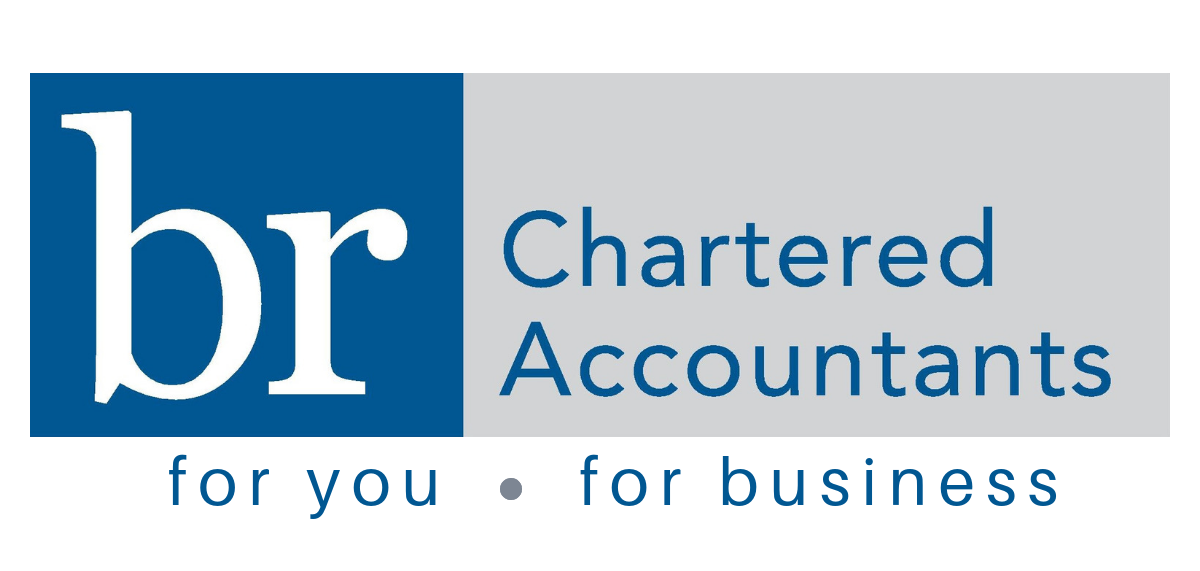Are you thinking of investing in a company car, or want to know what you can claim as travel expenses? Our handy guide will give you all you need to know about the benefits available and what tax implications there are.
What is the company car tax?
The CO2 emissions of the car along with your earnings determine how much company car tax you’ll pay. For example, the more environmentally friendly a car is, the more tax relief you will be entitled too.
Electric and hydrogen fuel-cell cars used to be exempt from tax, however new changes mean that even zero-emissions cars face a 16% Benefit-in-Kind tax charge in the 2019/20 financial year.
There are many great perks for the employee of having the use of a company car, even if you are still liable to pay some tax on it. For example, you may be able to have use of a car you might not be able to afford otherwise, and you won’t be liable for any of its maintenance or repairs.
How does company-car tax work?
Often referred to as a Benefit-in-Kind (BiK), HMRC considers any private usage of a company car as a perk. Any BiK an employee receives that essentially boosts their income can be taken into consideration in national insurance contributions, however business travel is exempt from this. Making financial contributions to your company car scheme will lower and employees BiK rate, while employees who use their car part-time are also liable for less BiK tax. To find out what the current BiK rate is, see the HMRC guide.
To work out how much tax you will need to pay on a company car isn’t as complicated as you might think. You will need to know the cars list price, any costs incurred for the delivery of the car, VAT and any other extras. Each BiK has a band percentage (adjusted annually on 1st April) and then you will need to multiply the total costs outlined above by this. This figure is then multiplied by your income tax band.
If you are still confused as to how you work this out, HMRC have an online Company Car and Car Fuel Benefit Calculator you can use to help you.
Any company car purchase also needs to be included in a P11D form to be submitted to HMRC when reporting the company’s end of year expenses and BiK.
Other alternatives to the Company Car Benefit.
Some companies offer a car allowance (cash towards an employees car expenses) as an alternative to a company car to help with personal motoring costs, however, the employee would still be liable for any repairs for the vehicle. As the employer would own the car in question, it would depreciate in value thus the employee would essentially lose money they have invested in the car.
You can also claim mileage and expenses at a rate of 45p per mile for the first 10,000 miles and 25p per mile thereafter for use of the car for work purposes. This does not, however, include travel to and from your place of work.
There are lots of Apps available that make tracking mileage easy and Fit Small Business has reviewed 5 of the most popular ones to help you decide which suits you best. This method of using the Company Car Benefit is useful for sole traders.

